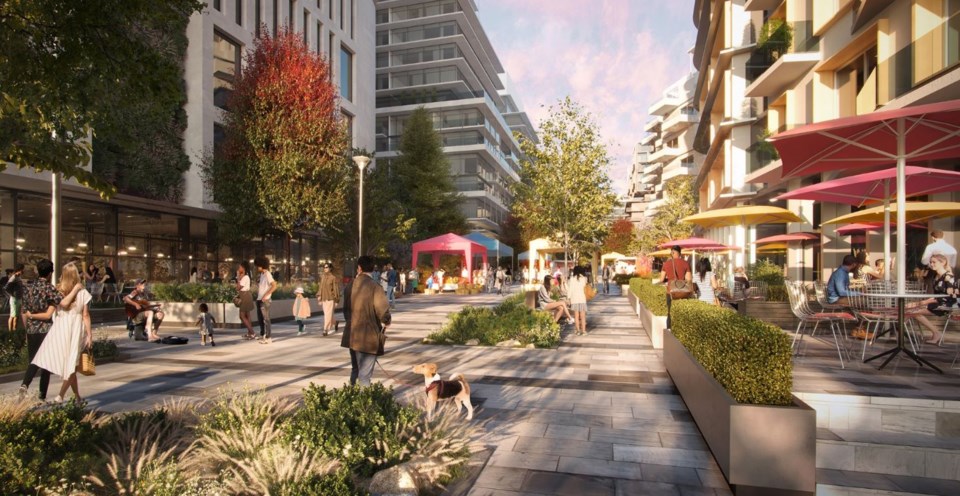The Editor:
We moved into our townhouse in Burnaby Heights in 2020. We love it.
Like many professionals in the Lower Mainland, we work in downtown Vancouver, so we wanted to live somewhere with a reasonable transit commute that wouldn't cost us an ungodly fortune.
We achieved our first objective (location), but surmounted the second (cost) only with the help of the good fortune of our parentage.
Our family income is triple the median in the region. Affording our 1,300 sq. ft. slice of the Canadian dream shouldn't be so hard, and the only reason it is so hard is due to active policy failures that pit the perceived interests of current homeowners against those of prospective homeowners.
The province's recent zoning rule changes are a small step forward in correcting those policy failures. The City of Burnaby is actively fighting their implementation, and I cannot hide my contempt for the arguments against them.
"They will ruin the character of the neighbourhoods."
Firstly, Burnaby is smack dab in the middle of Canada's third largest metropolitan area. It's current state of being would be an outlier in almost any other urban area around the world.
Second, are neighbourhoods like South Granville and Kitsilano so bad as to be avoided at all costs?
"We'll end up with high-rises as far as the eye can see."
The rules aren't arguing for that at all. They are explicitly designed to open up the market for mid-rise developments.
I agree that the current state of affairs in Burnaby (in particular around Brentwood) with 30-storey towers looking down onto bungalows makes no sense.
But what's wrong is what is missing! Living next to a six-storey apartment is a much different experience than living under a high-rise tower.
"There will be too much new strain on municipal resources."
We build things. That's what people do.
Further, more dense development puts less strain per person on our resources than single-family sprawl — it's simple physics: it costs more and is more difficult to transport things (water, sewage, electricity) further distances. If people are more spread out, distances are further.
Also, the costs of adding new developments to existing municipal infrastructure is already accounted for by development costs.
"It will ruin property values."
First off, why do we care so much about property values?
The only way to realize any benefit from it is to sell your house and move somewhere else. As property values a geographic reason move up and down together, selling likely only enables lateral a move on the property ladder (without mortgaging up). The obsession with property values only exacerbates problems that pit homeowners against those that don't own.
Secondly, up-zoning will likely increase property values. If a developer can buy three adjoining lots and put 18 units on them, they will pay you more than someone just wanting to buy your house as is.
Thirdly, no one is forcing you to sell to a developer.
"It will make parking a nightmare."
That's why the upzoning is around areas with good transit access.
"It will clog our streets."
See above...
"Why do we need to build here?"
One of humanity's greatest inventions is the city. There's a reason why urban areas account for a disproportionate portion of economic activity: people collaborate, work, learn, socialize where there are more people to do so with.
Like it or not, we live in one of Canada's economic hubs which naturally draws in people because there are jobs here that need to be done. It's as simple as more people need more places to live.
In conclusion, change happens. It can be scary. I get that.
However, Burnaby needs to change in order to allow for the future economic vibrancy of our region. It should go without saying that people are the most important part of any economy. If people can't afford to be part of the economy, the economy will suffer.
Also, think about those who would kill for just a slice of what you already have.
- Cameron Lonn, Burnaby



